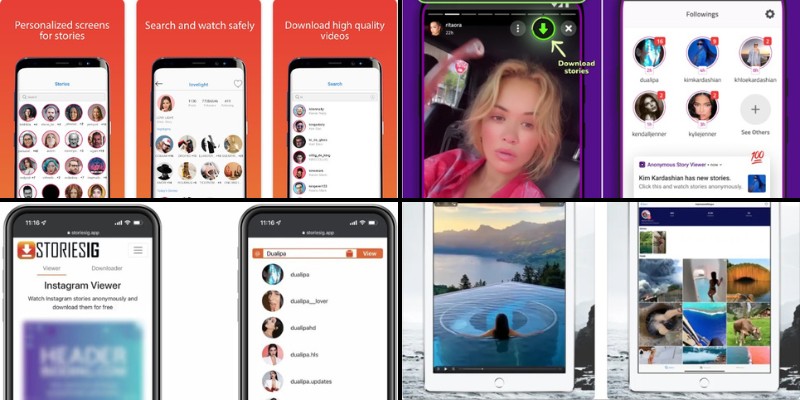As rapidly evolving tech advances and the web plays a increasing an integral part of modern society, the threat of malicious software has risen dramatically. Malware, short for unknown code, can pose a great risk to personal data. One of the best ways to protect you against malware is through secure viewing practices. In this article, we will discuss some essential tips to help you stay safe from malware through careful online habits.
First and foremost, it is essential to be cautious and vigilant when viewing email attachments. Many malware attacks start with a phishing email that tricks you into opening a harmful file. If you receive an email from an unknown sender, do not open the attachment or click on the link without verifying the authenticity of the email. Be wary of emails with poor grammar and syntax or urgent messages that ask you to take immediate action.
Another crucial aspect of smart online habits is avoiding suspicious websites. Malware can be embedded in online platforms, and visiting these sites can infect computer systems with malware. Always verify the credibility of a source before viewing it, and be cautious of sites with clickbait and scams that ask you to download software or click on a link.
Viewing damaged data on the internet can also pose a substantial danger to your computer systems. When downloading files from the internet, ensure that you download them from reputable online stores. Never download files from unauthorized unknown locations. Be cautious of files with suspicious file extensions, such as harmful programs, which can contain malware.
In addition to these practices, it is essential to keep computer software and anonymous story viewer software up to date. Malware exploits weak points in outdated systems, so updating digital platforms and other software regularly can help prevent cyber threats. Enable automatic updates on personal devices to ensure that you have the latest security patches.

Another crucial aspect of secure viewing practices is using reputable security programs. Antivirus software helps protect personal data from malware by scanning files and emails for infected content. Choose a reputable digital protector that offers real-time protection and updates regularly to stay ahead of emerging threats.
Finally, use secure browsers and search engines. Use a reliable browser, such as Google Chrome and Mozilla Firefox, and stay away from embed malware in ads and links. Use a Virtual Private Network to secure online activities, and protect personal data from cyber threats.
In conclusion, staying safe from malware through secure viewing practices requires a combination of responsible behavior. By being cautious when viewing email attachments and links, avoiding unreliable online sources, downloading files from reputable sources, keeping personal data protected, using reputable antivirus software, and using secure online platforms, you can minimize the risk of malware attacks. Remember, staying safe is crucial, so practice these secure viewing practices regularly to protect computer networks.